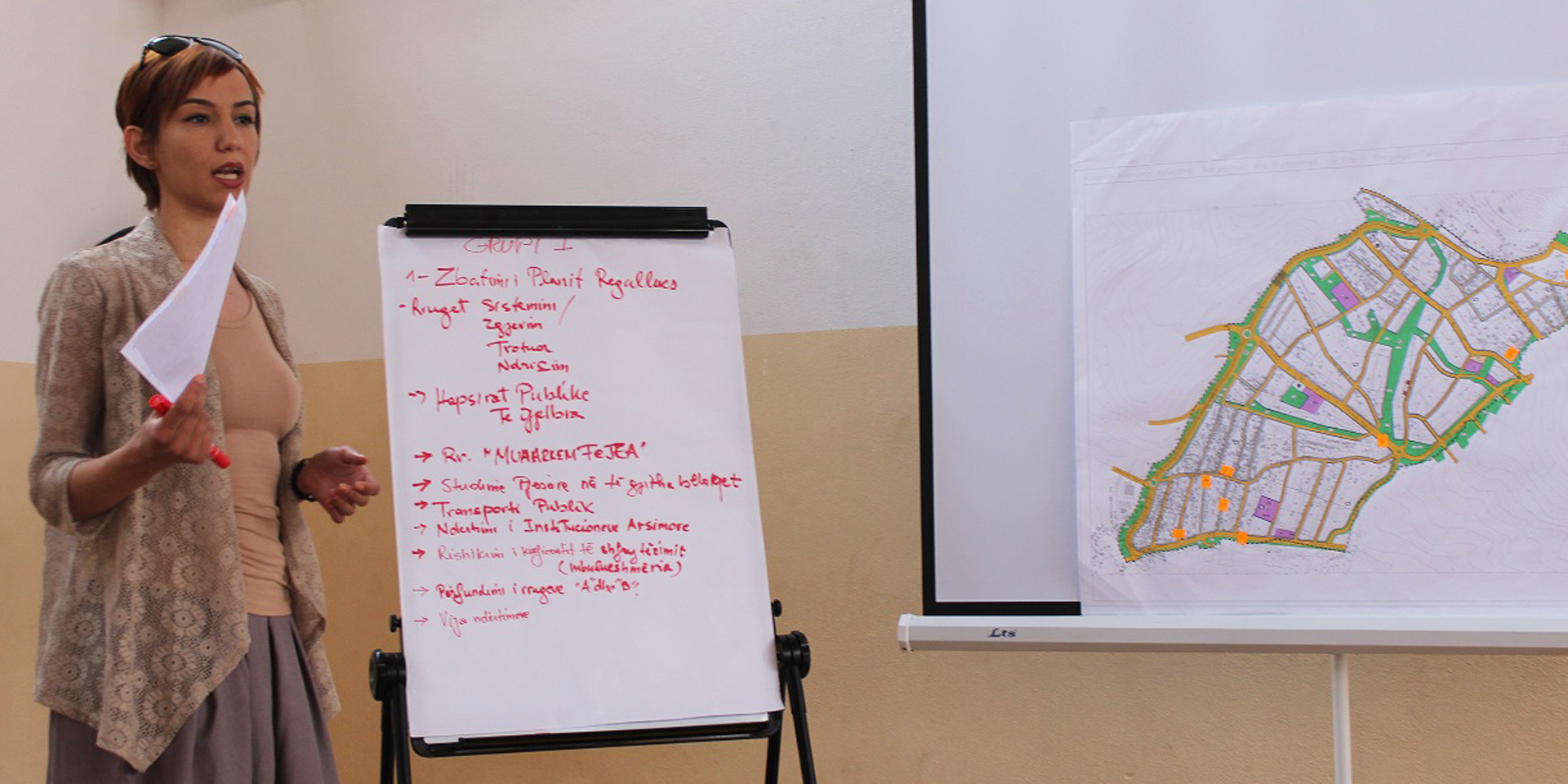
5 Ps to Move Open Government Forward
December 20, 2016 | 2 Minute ReadMatt Swaim discusses how civil society organizations and governments can work together to implement concrete and measurable reforms.
Open government is critical to enhancing essential services, opening civic space, and making government more accountable to citizens. Sustainable Development Goal 16 asks the international community to aim toward building more effective, responsive, and inclusive institutions, which evidence shows lead to better development outcomes for citizens.
Recently, at the Open Government Partnership (OGP) Global Summit in Paris, governments around the world, in consultation with civil society, committed to national action plans aimed at improving transparent and accountable governance and continuing on a pathway to achieve Goal 16. While these commitments are important steps to improving accountability, there are five critical considerations that can move these commitments from rhetoric to effective implementation and realization of more open governments worldwide.
1. Politics: Civil society organizations need to think and work politically.
Civil society organizations must understand and more deeply analyze why the system works as it does, who the political players are, and what their motives are in order to better influence change. Finding political reformers in government and windows of opportunity, and aligning advocacy and development objectives with these openings, will improve the potential for success for governance reforms. Civil society should also be flexible in their missions and adapt to changing political realities.
2. Participation: Let all voices come to the table.
OGP is a forum for civil society and government to co-create commitments that are agreeable to both parties. But partnership cannot rely on the select few civil society organizations with the most resources and access to decision makers. This raises the question, “to whom is government open?” Government and civil society should be inclusive of all voices, including the most vulnerable citizens. Governments should encourage more local, national, and international fora that complement OGP for communities to engage meaningfully with governments.
3. Partnership: Move from confrontational to collaborative.
At times in conducting advocacy, we see civil society pitted against government as bitter adversaries. In order to achieve better governance outcomes, trust between two parties should be the foundation of partnership. Additionally, effective government must rely on engaging all members of the governance ecosystem, including media, private sector, individuals, minorities, and other excluded voices. Open government must be open to all and have a comprehensive perspective, not just those who have the resources to engage with government.
4. Practicality: Make commitments that work.
This year at the OGP Summit, governments were challenged to make commitments that are both concrete and ambitious. Streamlining commitments that are focused on service delivery and creating actionable and achievable work plans can have demonstrable positive effects that are clear and measurable. Additionally, OGP’s trend of focusing on sub-national governance commitments can center the attention on regional or municipal levels that are closer to citizens and their needs. Governments are also challenged to make more ambitious commitments and move away from reforms that are easily achieved and insufficient by themselves, such as some access to information, open data, or e-governance commitments.
5. Potential: The way forward.
The potential is great for governments to undertake positive transformational change with more innovative solutions while also undertaking positive incremental changes. Opportunities like OGP provide space to discuss successes, progress, and achievements but also to learn about concrete ways to improve open governance. The path forward is to continue to commit and be ambitious in reforms, consulted, co-created, and co-implemented by governments and civil society together.
Keeping these principles in mind, the ecosystem for good governance can improve in more effective ways, and meaningfully affect citizens’ lives.










































